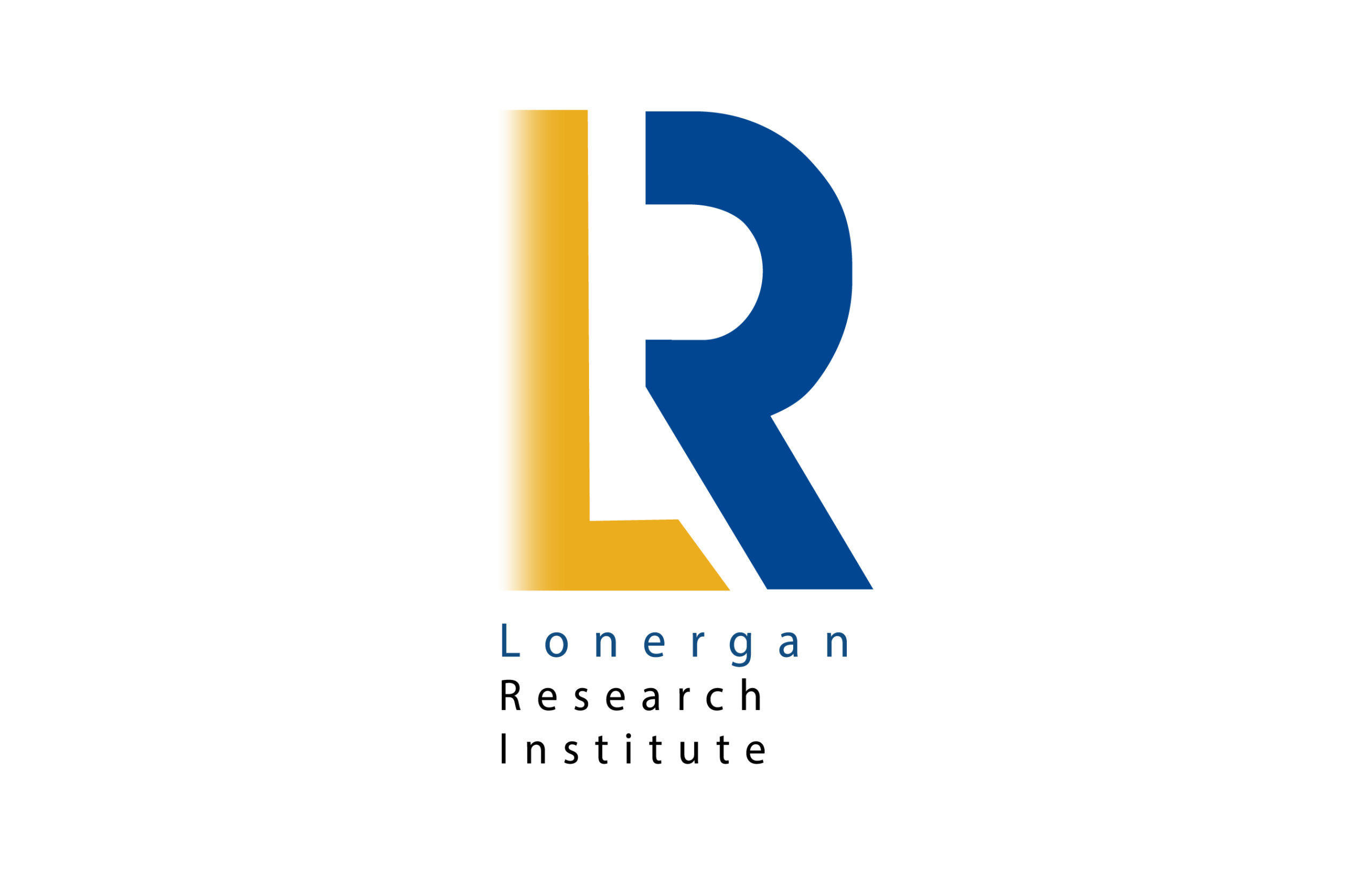

LRI GRADUATE SEMINAR – MICHAEL BUTTREY (REGIS), “FASTER, STRONGER, MORE ETHICAL? MORAL ENHANCEMENT AND CHRISTIAN VIRTUE.”
Is the cultivation of virtue compatible with moral enhancement, a proposal to use medical techniques affecting human cognition and emotions to help us become more ethical? Barbro Fröding suggests cognitive enhancements could enable more people to develop virtues, while Thomas Douglas advocates moral improvement through the medical modulation of emotions. I will argue that despite similar features, moral enhancement and Christian virtue address different aspects of the human person and aim at different ends for human beings. First, I will draw on contemporary virtue theorists like Philippa Foot and Julia Annas to suggest differences between virtue and moral enhancement, including the relative importance of the will and the common good. Second, I will explore the contrast between moral enhancement and distinctly Christian virtue, especially the theological virtues of faith, hope, and love.
Please follow and like us:
